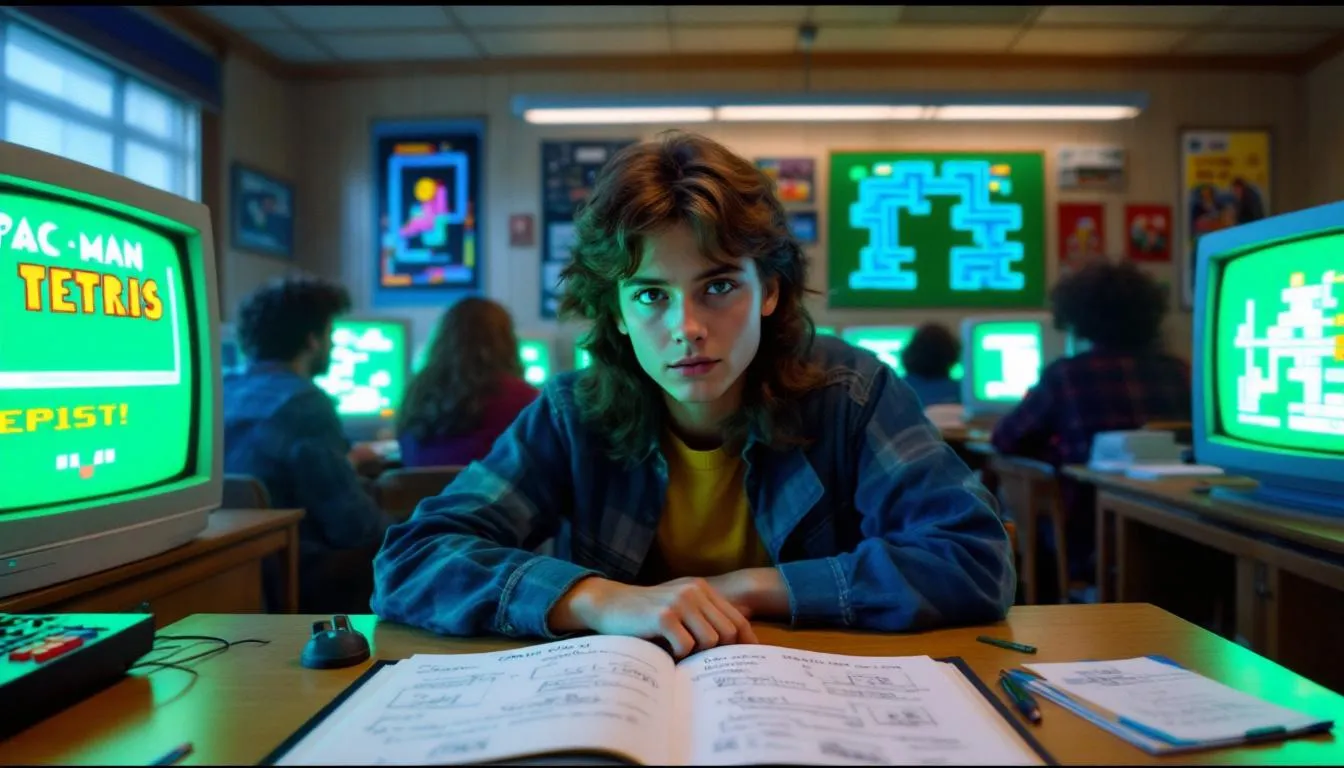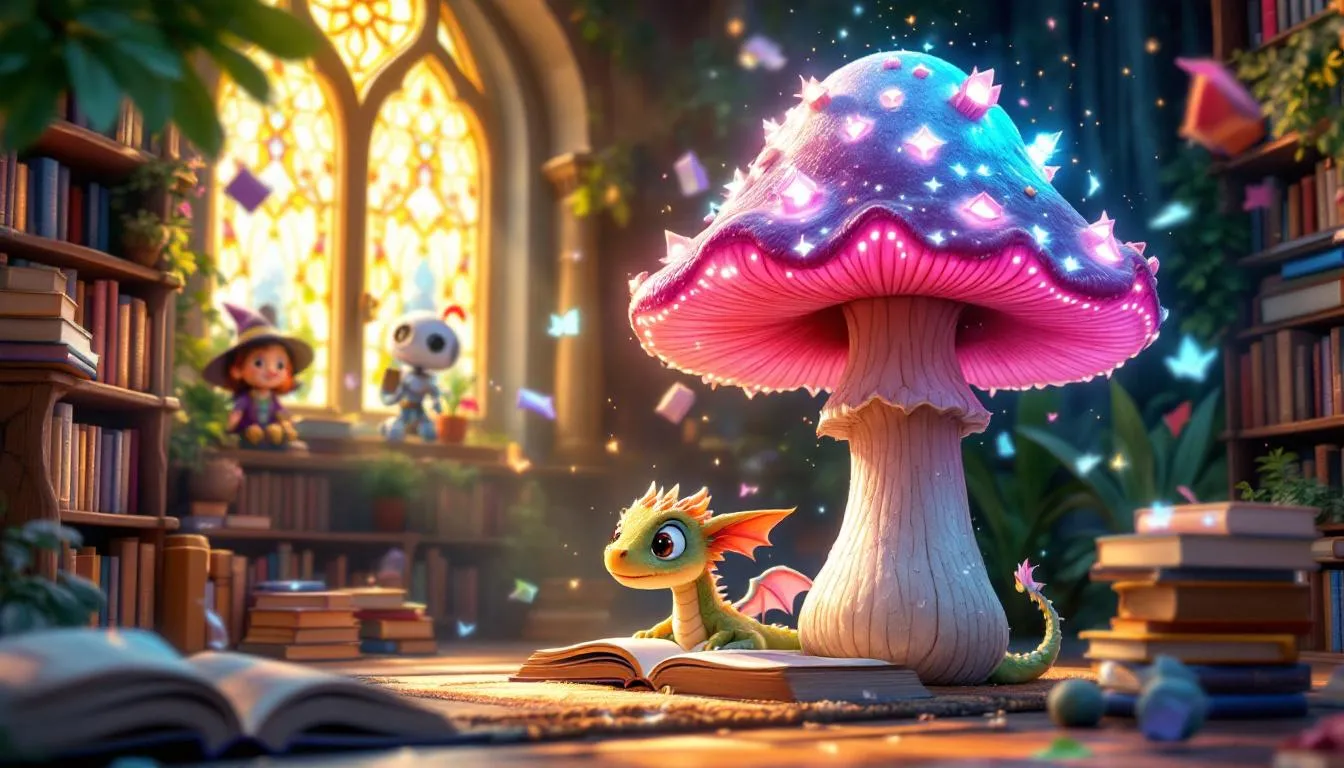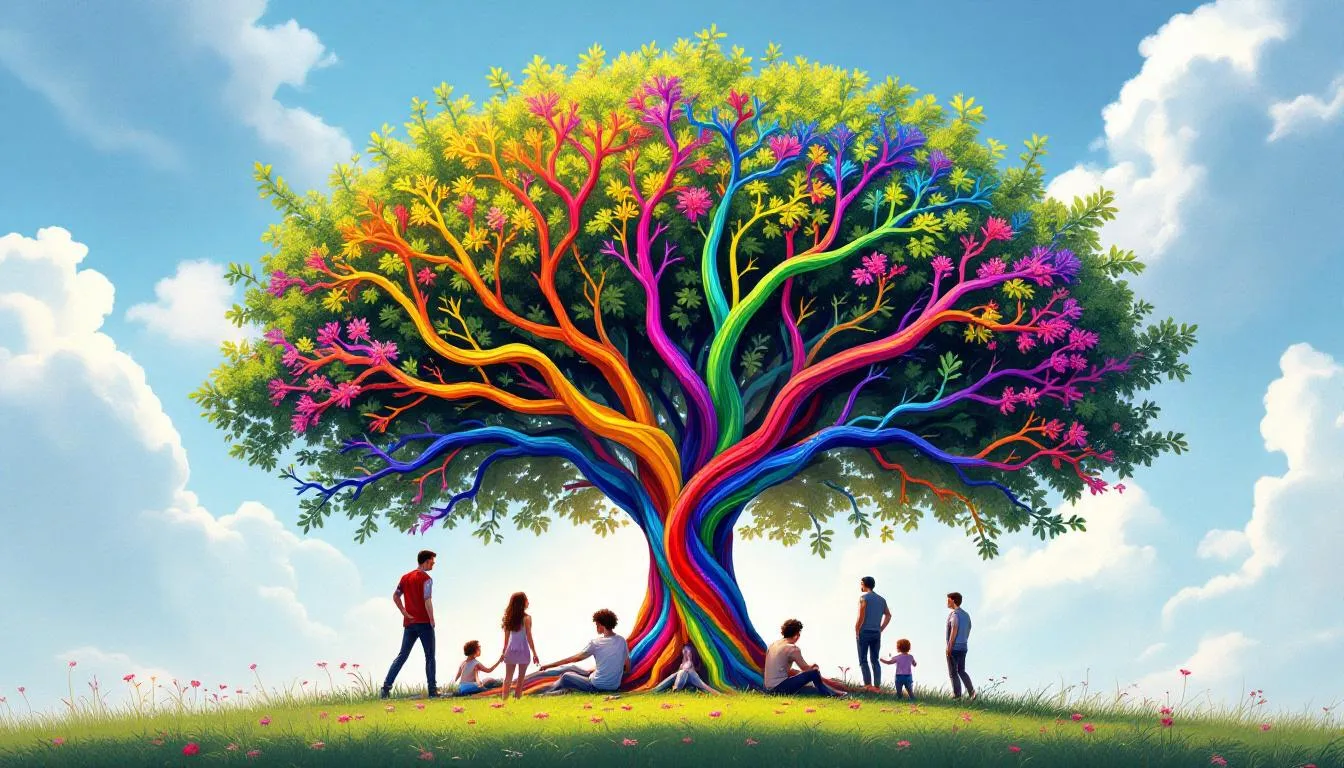Table of Contents
Introduction to Controversial Historical Texts
Controversial historical texts are writings that spark debates due to their provocative content or differing perspectives. Ranging from political manifestos to philosophical treatises, these works have significantly influenced societal ideologies and movements. For instance, Karl Marx’s “The Communist Manifesto” and Niccolò Machiavelli’s “The Prince” have profoundly impacted political thought and practice. Understanding these texts allows us to appreciate their historical role while highlighting the importance of engaging with such material to foster critical thinking and dialogue.
The Importance of Reading Controversial Texts
Reading controversial texts is akin to traveling back in time, immersing us in the thoughts and emotions of people from different eras. Picture yourself in a 16th-century court or a café with 19th-century revolutionaries—these texts offer a glimpse into the minds of those who shaped history.
These writings reveal how various ideologies were born, evolved, and sometimes clashed. It’s like understanding why your great-great-grandparents wore those funny hats—they made sense in their time! For example, exploring Marx’s “The Communist Manifesto” helps us understand why some found his ideas revolutionary while others found them terrifying. This insight enriches our historical comprehension and sheds light on motivations behind key decisions and movements.
Additionally, controversial texts provide lessons in leadership and decision-making. Figures who stood at crossroads and made pivotal choices steered societies toward new destinies. Machiavelli’s “The Prince,” for instance, offers a raw look into the strategic mind of a ruler navigating the complex waters of power. By unpacking these texts, we’re better equipped to assess the ideologies that shaped the past and continue to influence the present.
Analyzing the Impact of Ideologies
Delving into the impact of ideologies in controversial texts is like tracking ripples on a pond after a stone is thrown. These texts reflect prevailing thoughts and serve as catalysts for significant historical events, often igniting revolutions, reforming societies, and altering the course of nations.
Consider Adolf Hitler’s “Mein Kampf,” a dark reminder of how powerful and destructive ideologies can become when taken to extremes. Written during his imprisonment in the 1920s, it laid out a vision for Germany that became the foundation for the Nazi regime. The ideas within this text shaped policies leading to World War II and the Holocaust, illustrating how words can be weaponized in the hands of a persuasive leader.
Conversely, works like Thomas Paine’s “Common Sense” positively influenced history by rallying colonists toward American independence. It shows how the right words at the right time can unite and inspire. Understanding these impacts highlights the power of ideology in action, teaching us to avoid repeating past errors and ensuring future decisions are informed by historical lessons.
Learning from Historical Mistakes
One compelling reason to engage with controversial texts is their ability to highlight past mistakes and offer insights for prevention. History often repeats itself, and these texts reveal patterns that led societies astray. By examining ideologies and decisions that resulted in historical blunders, we can recognize warning signs in our own time.
For example, lessons from economic policies in certain texts have led to devastating financial crises. Understanding these decisions’ underpinnings helps us apply this knowledge to current economic strategies, potentially avoiding similar pitfalls. It’s like learning not to touch a hot stove—understanding the consequences helps you steer clear.
In education, incorporating controversial texts fosters critical thinking. Students are encouraged to question, debate, and form their own opinions, enriching their historical understanding and preparing them to navigate a complex world. Discussing these texts in a safe, respectful environment provides a sandbox for ideas, where students can test their thoughts without fear of judgment. Balancing educational value with moral considerations is essential, ensuring we honor the past while building a more informed future.
Moral Considerations in Studying Controversial Texts
When studying controversial historical texts, balancing educational value with ethical considerations is crucial. These texts can be powerful learning tools but also carry the weight of their ideologies. It’s akin to handling a double-edged sword—seeking insight without being cut by harmful beliefs.
Respecting diverse perspectives while not endorsing offensive ideologies requires a mindset of critical analysis. We must question the content and context without glorifying or dismissing their impact, much like watching a classic movie with outdated stereotypes—appreciating cinematography while acknowledging problematic elements.
Additionally, we must be sensitive to those who might find certain texts triggering or offensive. Creating an inclusive environment where all voices are heard fosters empathetic and respectful discussions. For instance, studying “Mein Kampf” demands careful framing to ensure it’s seen as a historical artifact, not an actionable manifesto.
Addressing these sensitivities requires thoughtful consideration and open dialogue to ensure exploration enriches understanding rather than perpetuating harm. By doing so, we navigate the moral landscapes of our times with insight and compassion.
Educational Value and Pedagogical Approaches
Incorporating controversial historical texts into the classroom is rewarding yet challenging, akin to introducing students to a thrilling detective story. Effective teaching methods create a space where ideas can be openly examined and discussed.
Providing solid context is crucial. Imagine solving a puzzle without the full picture! Framing each text historically helps students understand the circumstances shaping its creation, setting the stage for informed analysis.
Encouraging critical thinking is essential. Challenge students to question the text, considering the authors’ motivations and parallels with today’s issues. This deepens understanding and hones their ability to evaluate information critically, a vital skill in an information-saturated age.
Creating an environment supporting open discussion is equally important. Think of it as a lively debate club where students safely express differing views. Establishing ground rules for respectful dialogue ensures constructive discussions, encouraging exploration of diverse perspectives and effective articulation of viewpoints.
Embracing these pedagogical approaches prepares students to understand controversial texts and apply lessons to contemporary challenges. This journey through history’s complexities equips them with tools to navigate moral and ethical landscapes they will encounter in life.
Conclusion
Engaging with controversial historical texts is about more than understanding the past; it shapes a more informed present and future. These texts offer a lens to analyze human thought and societal evolution. By critically examining these works, we equip ourselves to engage thoughtfully with historical and current events. Let’s embrace this journey of learning and reflection, encouraging dialogue and understanding that transcends time. Dive into these texts with curiosity, allowing them to challenge and inspire a fresh, informed perspective on history and society.
KidTeller creates a personalized storybook where your child is the hero. Just upload a photo, and we’ll generate a custom book filled with adventures made especially for your toddler or young child – magical, memorable, and uniquely theirs.







